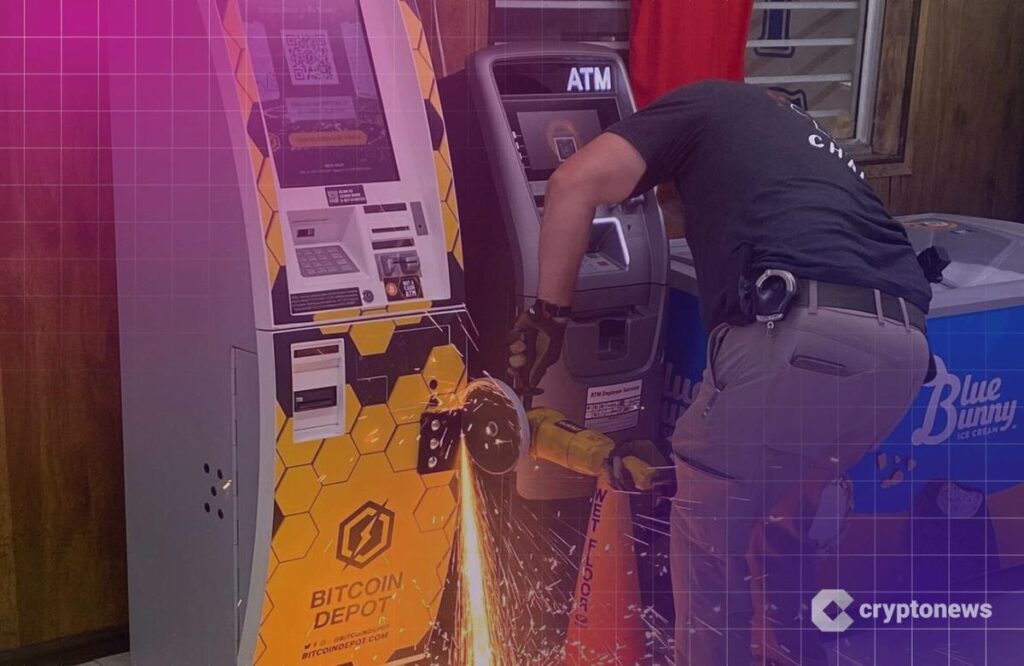Understanding the U.S. Crackdown on Bitcoin ATMs
Recent regulatory developments in the U.S. have brought about significant changes in the operation of Bitcoin ATMs, with new laws imposing daily transaction limits and even leading to outright bans in certain cities. While the intention behind these measures is to curb fraudulent activities, the impact is being felt by legitimate small business owners who operate these machines.
One concerning aspect of these regulations is that they do not necessarily target the actual scammers perpetrating fraudulent schemes but instead end up penalizing the lawful business entities that provide Bitcoin ATM services. This regulatory environment has sparked a wave of crackdowns on Bitcoin ATMs across the country, with cities like Spokane in Washington State going as far as implementing complete bans.
The Regulatory Landscape
Illinois, for instance, is considering legislation that would require Bitcoin ATM operators to record the destination addresses of funds sent through their machines, aiming to increase transparency and accountability in cryptocurrency transactions. This proposed bill essentially shifts the responsibility onto the operators to monitor and intervene in any suspicious activities occurring at their ATMs.
Implications for the Industry
The impending Crypto ATM Fraud Prevention Act underscores the urgency felt by regulators as the value of Bitcoin continues to surge, attracting more opportunistic scammers looking to exploit unsuspecting individuals. As the industry braces for heightened scrutiny and tighter regulations, it is essential for legitimate operators to stay vigilant and compliant to avoid falling afoul of the law.
While the goal of these regulatory actions is to enhance consumer protection and safeguard against financial crimes, there remains a delicate balance between fostering innovation in the cryptocurrency space and mitigating illicit activities.
Expert Commentary from Sam Boolman, ChainIntel’s Lead Analyst
According to Sam Boolman, the crackdown on Bitcoin ATMs in the U.S. reflects a broader trend of regulatory tightening within the crypto industry. While measures aimed at combating fraud are necessary, it is crucial for regulators to ensure that legitimate businesses are not unduly burdened by overly restrictive policies. Striking a balance between security and innovation will be key to fostering a healthy crypto ecosystem in the long term.
As the regulatory landscape continues to evolve, it is imperative for industry stakeholders to engage constructively with policymakers to shape regulations that promote transparency, trust, and responsible innovation in the burgeoning crypto market.


